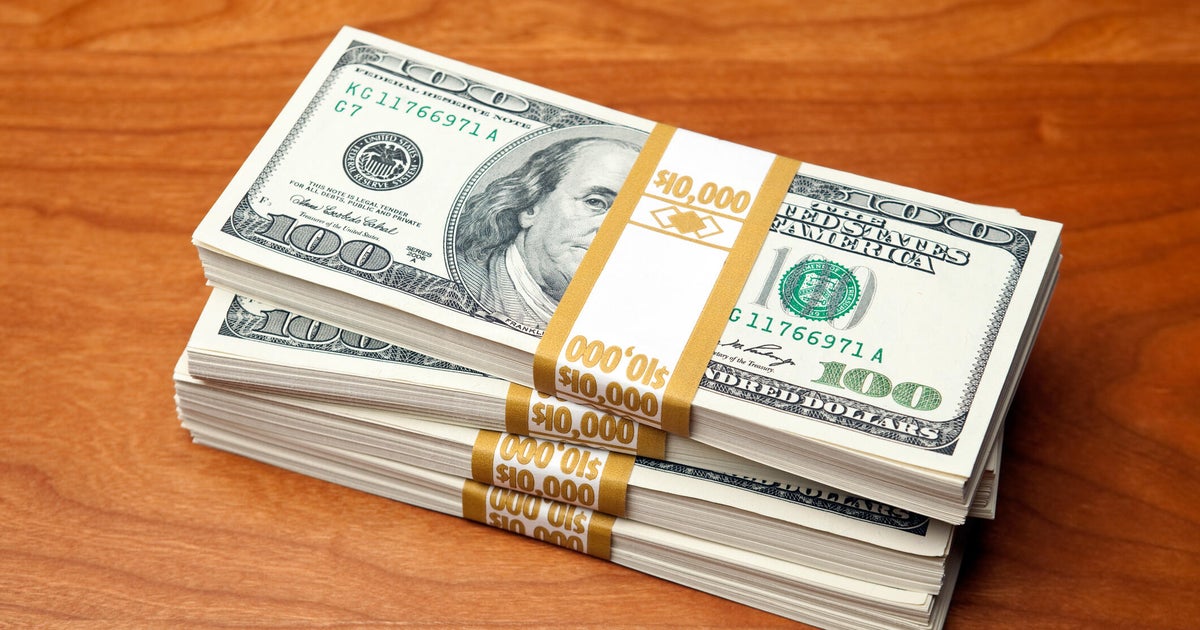How are CD rates determined?
When it comes to saving your hard-earned money, you want to make sure you're getting the best possible return. One of the best options for people who want to grow their savings in a safe way is a certificate of deposit (CD).
A CD is a type of savings account that earns a fixed interest rate for a set period of time, known as the term. CDs are issued by banks and credit unions and are federally protected up to $250,000 per account per institution under either FDIC or NCUA insurance. CD terms can vary, but they typically range from three months to five years.
One of the most important in choosing a CD is the interest rate. The higher the rate, the more you'll earn. But how are these rates determined? That's what we'll explore below.
Check out today's CD rates here to see how much more you could be earning.
How are CD rates determined?
CD rates are determined by a few different factors. Knowing what they are can help you secure a CD at the best rate possible.
The current interest rate environment
Banks and credit unions based their CD rates on the current federal funds rate. If the Federal Reserve raises interest rates, you can expect to see CD rates go up, and vice versa.
We've seen this in action this year as the Fed has continued to increase interest rates. CD rates are currently around 5% (or higher), making now a great time to open a CD. Whatever the Fed does in the future, by securing a good rate now, you'll enjoy it for the duration of the CD's term.
View current CD rates here to see how much you could be earning.
CD term length
Generally, the longer the CD's term, the higher the interest rate. A five-year CD typically offers a higher rate than a one-year CD, for example. That's because the bank gets to hold onto your money for longer and use it to generate more income by lending it out to other customers. All else being equal, you'll typically earn more by opting for a long-term CD.
That said, you should consider the penalties for accessing your money early. CDs are designed to be held until maturity, and if you need to withdraw funds before this date, you'll incur a penalty (usually equal to a certain number of months' interest).
If you think you'll need the money sooner than later, opt for either a shorter-term CD or a no-penalty CD. These products may not earn quite as much interest as long-term CDs, but their rates can still be competitive, and they save you from penalty charges that can eat into your earnings.
You can also get the best of both worlds by laddering your CDs. With this strategy, you open multiple CDs with staggered terms so they expire on a regular basis. When one CD expires, you can either cash it out or reinvest it in a new CD, which might allow you to take advantage of an even higher rate, depending on the current rate environment.
Deposit amount
Most banks and credit unions offer tiered interest rates based on how much you deposit. Typically, the more you deposit, the higher the interest rate you'll receive. Just bear in mind that any amount over $250,000 won't be covered by federal deposit insurance. Compare CD rates online now.
The bottom line
Another factor worth noting is competition. Banks and credit unions may offer especially attractive rates and terms to get new customers in the door, hoping they'll then continue to use the institution for other financial services. So be sure to shop around to find the best offers available today and maximize your earnings.




